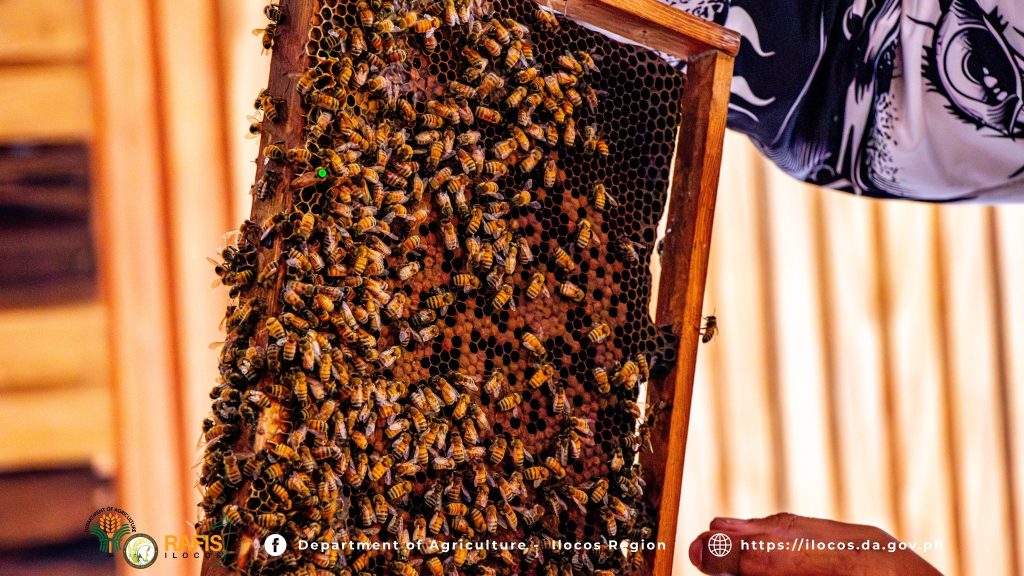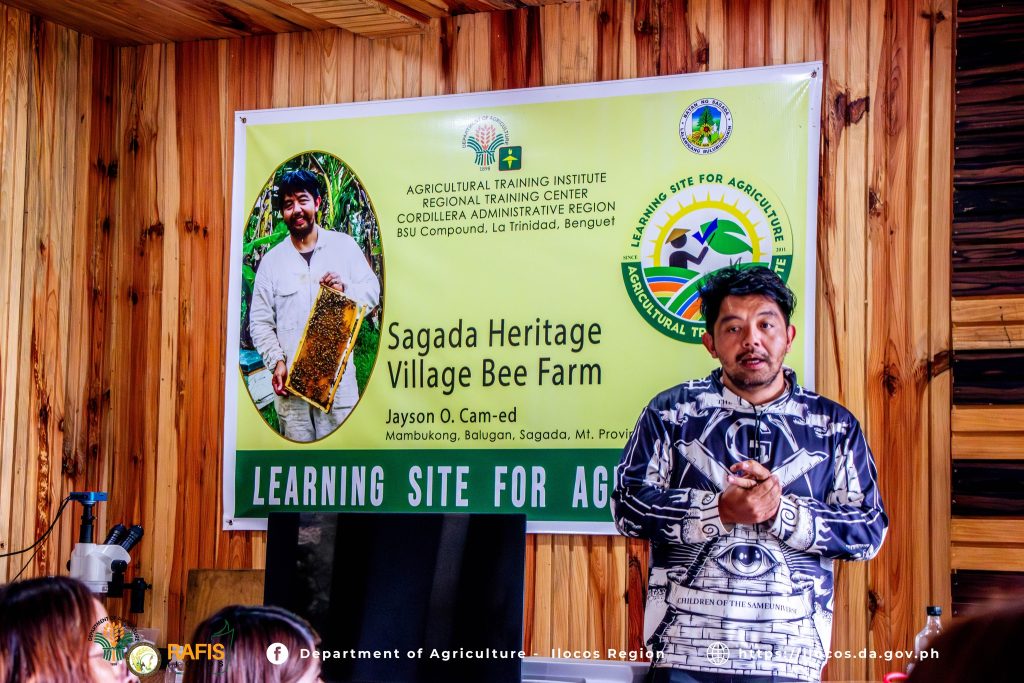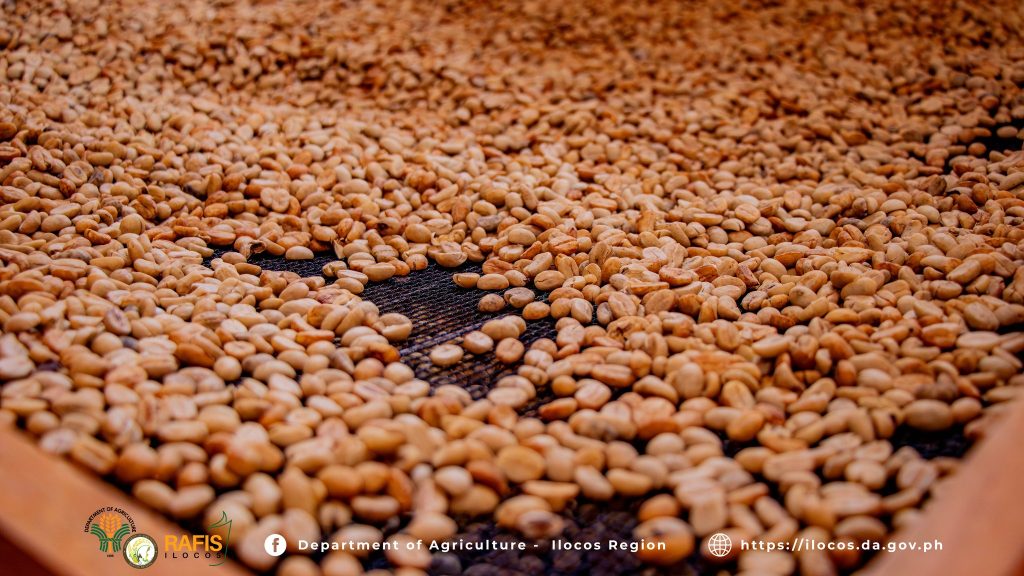

In a bid to enhance the implementation of the Province-led Agriculture and Fisheries Extension System (PAFES) across the Ilocos Region, the Department of Agriculture-Regional Field Office I (DA-RFO I), led by PAFES focal person and Planning Monitoring and Evaluation Division (PMED) Chief Ms. Doris Joy Garcia, spearheaded a benchmarking activity for key PAFES implementers from the region’s four provinces.
The activity, conducted in collaboration with PAFES partner-implementers from the Local Government Units, DA Attached Agencies and partner SUCs, aimed to gather valuable insights and best practices from PAFES-assisted enterprises in Sagada, Mountain Province. This initiative underscores the importance of strong partnerships among local government units (LGUs), funding institutions, and stakeholders to promote agricultural growth and development.
One of the key sites visited was the Sagada Heritage Village Bee Farm, a Learning Site for Agriculture managed by Magsasaka Siyentista Jayson O. Cam-ed. The bee farm, supported by ATI-Cordillera, showcases innovative honey production techniques and artificial insemination technology to breed superior queen bees. As an ATI Learning Site, the apiary benefits from training programs funded under PAFES to promote agri-entrepreneurship and capacity building.
The group also visited the Shared Service Facility for Coffee Processing, operated in partnership with the Sagada Arabica Coffee Growers and Processors Inc. (SACGPO). This facility is a testament to the power of collaborative resource utilization, with support drawn from PAFES funding, the High Value Crops Development Program (HVCDP), and the Philippine Rural Development Project (PRDP). The facility helps enhance the quality of Sagada Arabica coffee, strengthening the competitiveness of local growers in both domestic and international markets.
Benchmarking activities such as this are vital as they allow LGUs to learn and adopt best practices from other provinces. By seeing firsthand how PAFES is successfully implemented elsewhere, stakeholders can identify strategies to maximize resources and strengthen agricultural development in their own areas.
The activity highlighted the importance of collaboration among LGUs, DA regional offices, and key institutions in advancing PAFES objectives.
With the knowledge and experiences gained from this benchmarking activity, the DA-RFO I and its partner institutions are optimistic about replicating successful models in the Ilocos Region, further driving agricultural transformation and rural development.

